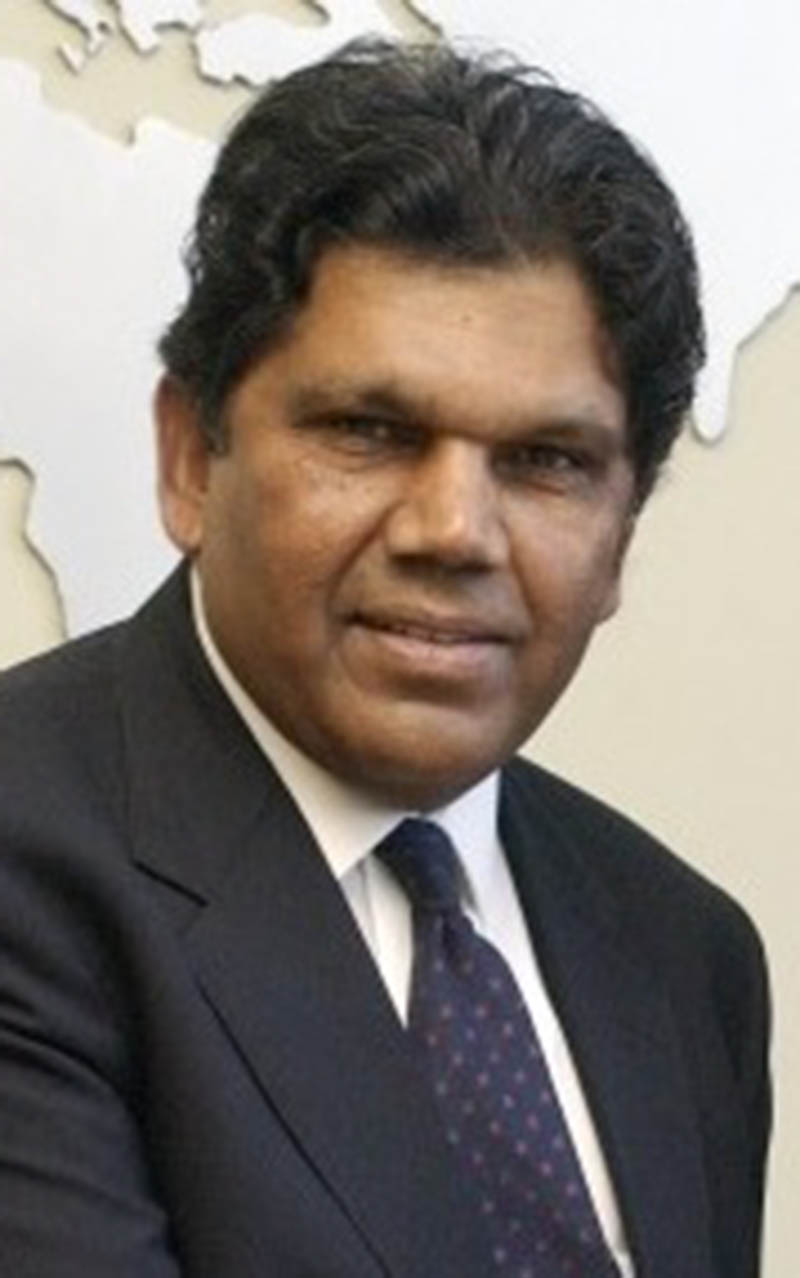While Guyana continues to be beset by many historical problems, and by continuing political disputation, patriots of all complexions are in quest of policy foundations for building a new future, a new country, capitalizing on the equitable use of the country’s newly-found energy resources. Opportunities beckon to chart new courses and a modernized identity for our Dear Land. A youthful and popular President has an historic opportunity to lead the country into a new future. Implementing the human right to a clean and healthy environment can be the first foundation pillar for building the new Guyana.
On Thursday 28 July, the UN General Assembly, with Guyana voting in favour, adopted an historic resolution recognizing that a clean, healthy and sustainable environment is a universal human right. This is a historic breakthrough, and Parliament should speedily discuss the implementation of this newly-recognized right and, with inter-party cooperation, take measures to make this right a reality in Guyana. A policy statement by the President could lead this process.
The resolution adopted by the UN General Assembly registers that the right to a clean, healthy and sustainable environment is grounded in existing international law and affirmed that the implementation of the right requires the full implementation of multilateral environmental agreements. The text also recognizes that the impact of climate change, the unsustainable management and use of natural resources, the pollution of air, land and water, the unsound management of chemicals and waste, and the resulting loss in biodiversity interfere with the enjoyment of this right, and that environmental damage has negative implications, both direct and indirect, for the effective enjoyment of all human rights.
In 1972, the UN Conference on the Environment, held in Stockholm, had declared that people have a fundamental right to “an environment of a quality that permits a life of dignity and well-being”, and had called for concrete action and the recognition of this right as a human right. In October, 2021, the UN Human Rights Council finally recognized this human right and called for the UN General Assembly to do the same. The UN General Assembly has just done this with 161 votes in favour and eight abstentions. Over 100 States proposed the adoption of the resolution just adopted.
A global human right to a clean, healthy and sustainable environment is now part of the international legal framework alongside other fundamental civil, political, economic, social, and cultural rights that form the backbone of the contemporary international legal order.
A statement from the UN Development Programme asked the question, “What does this mean in practice?” It answered: “Well, now governments have an obligation to promote, protect and fulfil this right. A clean, healthy and sustainable environment is a matter of justice, with expanded opportunities for advocacy, legal claims, strategic litigation, and ultimately, greater accountability of states and other actors, including businesses, for their actions towards our environment.”
Here are some of the actions UNDP believes are critical for advancing implementation of the right to a clean, healthy and sustainable environment: First, strengthening legal frameworks. Countries where environmental protection is enshrined in the constitution have stronger environmental laws, and countries with stronger environmental laws have more quickly reduced their ecological footprints and levels of pollution. Among those countries, Argentina, Costa Rica and the Philippines are examples where constitutional environmental rights have led to stronger protection of the environment through the courts.
Second, ensuring inclusive processes. Under UNDP’s Climate Promise, 110,000 people are engaged in stakeholder consultations on Nationally Determined Contributions in 67 countries, helping to build social consensus and explicit recognition of the roles of youth in renewed climate pledges. In 97 countries, projects have been implemented to strengthen women’s leadership in managing natural resources, which has shown to be associated with better resource governance and conservation outcomes. UNDP supports 24 countries to include gender responsive policies in national climate pledges.
Third, empowering people to be active participants in environmental protection. The human rights of marginalized communities, women, children, people with disabilities and indigenous persons are all disproportionately affected by the impacts of biodiversity loss, pollution, drought, floods and other natural hazards. They are also powerful agents of change and have a crucial role to play.
UNDP comments: “We all depend on the environment for our direct and indirect well-being, so threats to it are threats to human rights, to peace, security and sustainable development….The time for action is now.”
The recommendations of UNDP are sensible and practical: strengthening legal frameworks on the right to a clean, healthy and sustainable environment; ensuring inclusive processes for the protection of this fundamental right; and empowering people to be active participants in environmental protection. Here, Guyana, are sensible recommendations for making the just affirmed human right to a clean, healthy and sustainable environment a reality for our people.
Let this be the first policy foundation for building A New Guyana of Justice for All.





